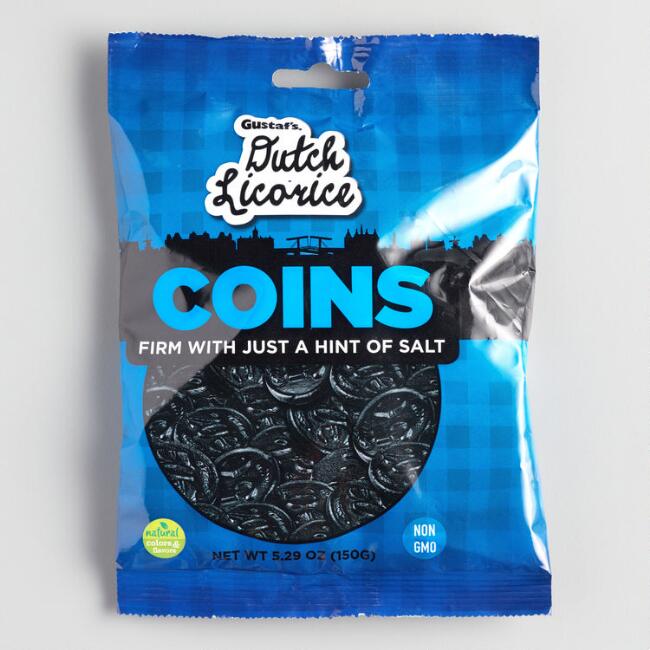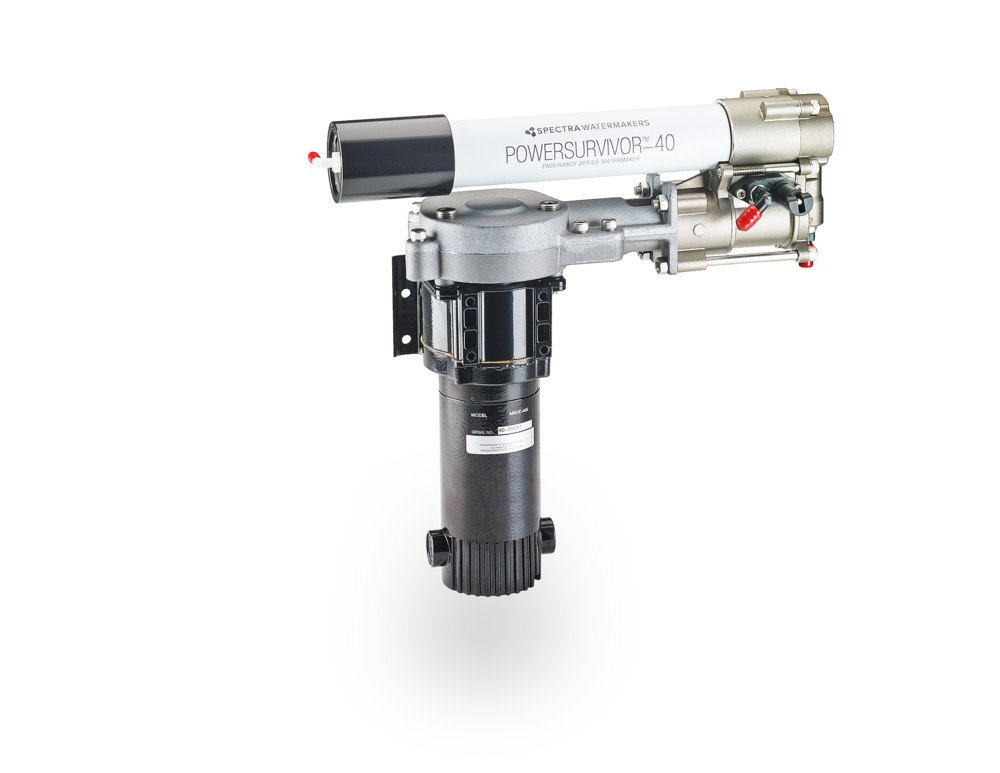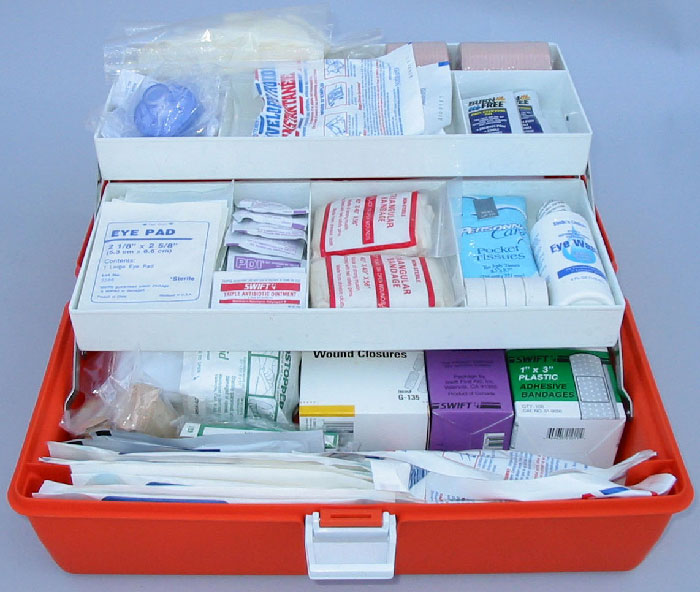Up to date as of December 2 2019
As we discussed here preparing to circumnavigate Earth on a small sailboat involves many components. The single most fragile piece of the puzzle in a solo non-stop circumnavigation is the skipper. Everything combines after several days at sea to fatigue the solo skipper, which can lead to injury, poor judgment or plain insanity. This section will try to address all that relates to the human on board, things like food, water, mental preparation, training, medical preparedness, etc. The goal again is to maximize success. I also think that one way to achieve that is to make the whole experience meaningful, fulfilling and even maybe enjoyable.
Table of Contents
The mental challenge

Back in 2014, when I started reading about singlehanded sailing, Andrew Evans’ book (find it in the list here) was the best source of information I found. His book starts with a foreword followed by an introduction, and then it digs into the main subject. The first chapter is about the mental challenge (of singlehanded sailing). It was a bit of a surprise to me. I was hoping for tips and tricks to become a better solo sailor. I did not relate much to the insights that were shared about fear, hallucinations, lack of sleep, and more.
Several years later, after some offshore experience gained, I understand the critical importance of mental preparedness. During long distance passages, a sailboat is constantly in operation. A continuous stream of manoeuvers, procedures, decisions, impromptu tasks, keeps the skipper on his toes. Comfort is absent. It may be cold, damp. Everything is moving and is extremely physically taxing. In addition, the world of sailing is ripe with stories of incidents at sea, lives lost. After casting off for a distant destination, there is no respite until after making landfall, the boat is secured and all souls are safe. So, the stakes are high, the demands straining, the means limited to one person and whatever was loaded aboard, the clock ticking 24×7. There is no time to sleep much. There is no place to hide, take a break. The solo skipper must prepare to handle this level of stress with ease.

Lessons learned
My personal experience leading to and during the Singlehanded Transpacific Yacht Race has taught me a few things.
- I don’t recall being anxious for anything besides the racing.
- I seem to do ok with very little sleep. During the race, I can’t recall sleeping for more than 30 minutes. I do not remember dreaming, nor did I feel sleep deprived. I think that managing sleep remains essential and having a proper method may be good. Although I think for me the approach of sleeping when my eyes were closing worked best. I did lie down a lot, resting but awake.
- I did not experience visual hallucinations. At the beginning of the trip, it felt like I was starting to hear voices. I quickly realized that it was my brain trying to make sense of the constant noise inside the boat. I focused intently on the different sounds, labeled them and I had no aural hallucination further.
- Having a solution to objectively assess mental capacity is important. I would do some math here and there to check sanity. A daily mental exercise routine can help assess deterioration. I did a couple of Tai Chi sessions as well, which helped center me when I was feeling down.

And more …
- I am my worst enemy as my inner critic is constantly berating my actions. In fact, just the fact that I refer to him as my inner critic instead of my personal supporter tells it all. Writing positive affirmations helped a little with this. I did not do enough and had a bit of a “come to Jesus” moment towards the end of the passage when I fell really poorly about myself.
- I did a good amount of writing to keep people ashore abreast of my personal experience. But I did not write for myself. That will need to be improved upon.
- I did not drink enough and was dehydrated when I made landfall. I did not feel that it was to the point of being incapacitated, but it is not a good state to be in for a long time. Drinking more is required, especially when the temperature will rise.
- It is important to start fresh, rested, healthy, with your life in order. It is likely that the first few days may involve a few days of seasickness.
- I was always trying to act and move about with a purpose, never in a rush. This is important to avoid stupid mistakes, which can quickly become very costly in terms of injury or equipment.
Ultimately, this all comes down to one thing: the key piece of “equipment” aboard the boat is the skipper’s mood. A happy skipper will do the right thing. A sleep deprived, grumpy, frustrated, dehydrated skipper won’t. I feel like the key thing to remember when casting off is this:
I am on a trip of a lifetime, and here and now is all that there is.
To ensure a happy skipper the usual bag of tools apply: meditation, Tai Chi, relaxing or energizing music, writing, positive books/movies, supportive friends and family.
Food

Food seems to play multiple roles aboard the solo skipper’s vessel. There is the obvious need to replenish calories lost. Depending on the conditions, this can vary significantly. If it’s warm and there is no activity then little food is necessary. If it’s cold and there is a lot of work to do then multiple full meals may be required. Matching food storage to passage duration helps ensure plenty will be aboard. Diversity would be nice too.
Then, there is the need for food to sustain a healthy body, in terms of minerals, vitamins and essential nutrients. If it is really hot and the skipper sweats a lot then a steady dose of electrolytes may be required. I won’t talk about scurvy other than to say that a multi-vitamin complex is required.
Comfort food
There is no doubt about it: food matters. I don’t mean this in the sense that no food means death. All the books I have read highlight how the long distance solo skipper looks up to food for reward and comfort. Some will talk about their chocolate, baking a banana cake, candies, a special treat. Often, the skipper resorts to food to restore morale. Having a good meal to look up to when everything goes wrong feels like a reward. Knowing that on Sunday the skipper will have his preferred meal and then a chocolate bar can help soften the lack of diversity the rest of the week. Some skippers also looked up to their dose of alcohol, be it beer, rhum or something. Personally, I don’t drink so I’ll pass on that. I definitely do chocolate and some licorice candies. The problem for me will be pacing myself!

Simplicity
Some boats come with a fridge, a full-size galley, an oven and maybe a microwave. I don’t anticipate to be aboard such a boat. I like to keep things simple and I will likely opt for a water boiler system, dehydrated food, multi-vitamins, electrolyte tablets, and a few choice items to keep myself entertained. It may be nice to have some fresh food for the beginning of the trip, but why bother, it will only last such a short time anyway.
Water
Water supports life. It is essential. Having plenty is critical, not only for drinking but to rehydrate dehydrated food. The problem with water is how much one would have to carry for such a long passage. The daily dose is about half a gallon just for drinking. Add a bit of loss and dehydrated food to make it .75 gallon. After 200 days we’re talking 1251 lbs! That’s a lot of weight. And it does not include water for personal hygiene either!

When it comes to water then the main problem is production and storage. There are several options available:
- Have large tanks to begin with; multiple tanks or jerry cans are better to reduce the risk of losing one tank, or the risk of the water being contaminated for one reason or another (e.g. salt intrusion);
- Have good and easily deployed options to catch rainwater; sometimes the rain is nowhere to be seen for multiple weeks, or when it does come, it may come in short powerful bursts, when the skipper is busy reducing sails;
- Have emergency solutions to generate water: a hand desalinator or a solar sill;
- And last but not least, have a watermaker aboard; these are expensive, do fail, and consume a lot of electricity.
Not to be underestimated is a good process to move water from containers to where it will be needed, i.e. the water boiler or the water bottle. In addition, a simple filtering solution such as this would be good.
After careful considerations, it is likely that I will not install a powered watermaker. The key reasons are that it would require creating a couple more thru-hulls, something I’m not excited about. It is also energy-dependent and I’d rather be limiting battery consumption. And finally, these are not cheap, with DIY starting at around $1,500-$2,000 and more energy-efficient units around $4,000, without all the necessary repair kits. Instead, I am now thinking of settling down on a hand desalinator such as the Katadyn 35. It has the benefit of requiring 60 minutes of daily exercise, which would be good.
The exact process of using a Katadyn 35 will need to be sorted out.
Medical preparedness

This is a topic about which I have very little experience. When faced with health trouble my prescription is often simply to “wait it out”. This is definitely another preparation area where one plans for the worst and hopes for the best. The medical kit must include everything to soothe a sunburn all the way to fixing a broken limb or stitching an open wound. Some essential medications are required to manage infections or manage pain.
During the months leading to the 2018 SHTP start we had the option to attend seminars, one of which was about the medical kit. The seminar is summarized in the YouTube video below. And here’s a link to someone’s med kit.
Getting hurt
There are some serious stories of solo circumnavigators suffering major incidents: an arm being completely swollen with pus, a tongue cut off, broken ribs, broken back, lost teeth, debilitating sickness, the list goes on and on. And then there are passage makers who step off the boat looking better off than when they started.
Personally, I experienced health issues during the two long distance passage I made. During the crossing of the South Atlantic, I suffered an eye scratch. I was getting into my sleeping bag. I pulled the zipper to close it and it slipped my hand. The zipper end poked my eye big time. It hurt like hell, like having a needle in my eye for 36 hours (the tears are salty and there’s an open wound). I staid in my berth for the better part of 3 days. Imagine this solo: the one-eyed pirate.
During the 2018 SHTP, the second day, snacking on a candy, I lost a filling. It did not lead to complications, but it could easily have. The moral of the story is that, out of about 30 days at sea, I suffered two medical conditions, one being severely handicapping. That’s not to be ignored!
Training
To me training simply means rehearsing activities such that I can continue to perform them under duress, with a very high chance of success. Obviously, this includes learning to sail the boat. It also includes operating and repairing the boat’s equipment. It extends to managing communication, navigation and weather. And it could also incorporate things like mental and physical training. It is in effect a never-ending long list of things to learn and practice.
When training you start as an incompetent donkey, and with practice, you may end doing things you never thought yourself capable of. I like to look at this little video montage to remind myself of the day I went sailing at night solo and tried to sleep. It was completely unknown territory at the time!


